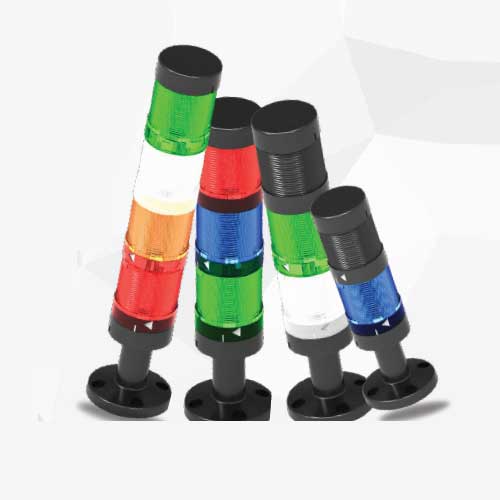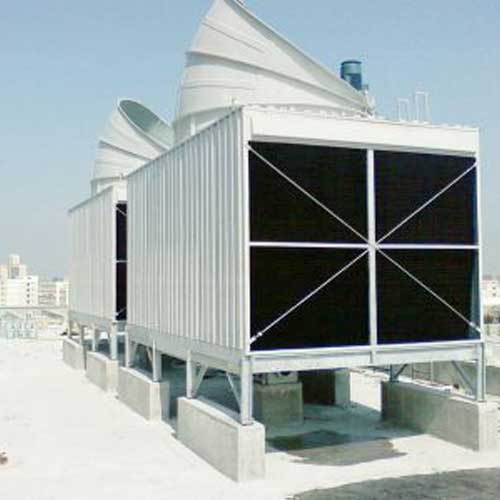Schedule a Call Back
Heat exchangers are the heart of process industry
 Interviews
Interviews- May 01,18

- Compact tubular heat exchanger, in some cases less than half the size of a traditional plain
- tube heat exchanger
- Uniform thermal processing
- Long running times due to turbulent flow substantially reducing fouling
- Higher working temperatures and pressures
- Higher coefficients result in closer temperature approaches between product and service fluids
- High response to cleaning-in-place
- Very low maintenance costs
- Excellent energy recovery through high percentage of regeneration
- Process fluids - liquid or gaseous, corrosive or non corrosive, fouling or non fouling etc
- Physical and chemical properties of the fluids
- Process conditions - temperature, pressure, allowable pressure drop
- Material compatibility of fluids
- Hazard zone analysis details
- Mechanical code requirements
Related Stories

Tata Steel Faces Rs 24.11-Bn Demand from Odisha Authorities
This follows a previous demand of Rs 19.02 billion for the fourth year, which Tata Steel is already contesting in the Orissa High Court.
Read more
Jindal Stainless Launches First Stainless Steel Fabrication Unit in Mumbai
It will also serve as a centre of excellence for skill development, preparing India’s workforce for sustainable infrastructure projects.
Read more
Flytta Launches India’s First Retrofitted Electric Truck for the Heavy-Duty Segment
The first fleet has already commenced operations, with Flytta planning to deploy nearly 200 retrofitted EV trucks in the coming months.
Read moreRelated Products

Engine Cooling Fan
Khodiyar Automotive Pvt Ltd offers a wide range of engine cooling fan.

Industrial Tower Lights
Esbee
Electrotech LLP offers a wide range of industrial tower lights.

Cross Flow Cooling Tower
World Cooling Towers offers a wide range of cross flow cooling tower.
















